Shopping is a delightful part of traveling, but managing money wisely is essential to ensure a stress-free experience. Here are some travel tips for shopping and managing money during your journey:
1. Set a Budget
- Determine how much money you’re willing to spend on shopping activities and stick to your budget to avoid overspending.
- Allocate separate budgets for different categories such as souvenirs, gifts, clothing, and local specialties.
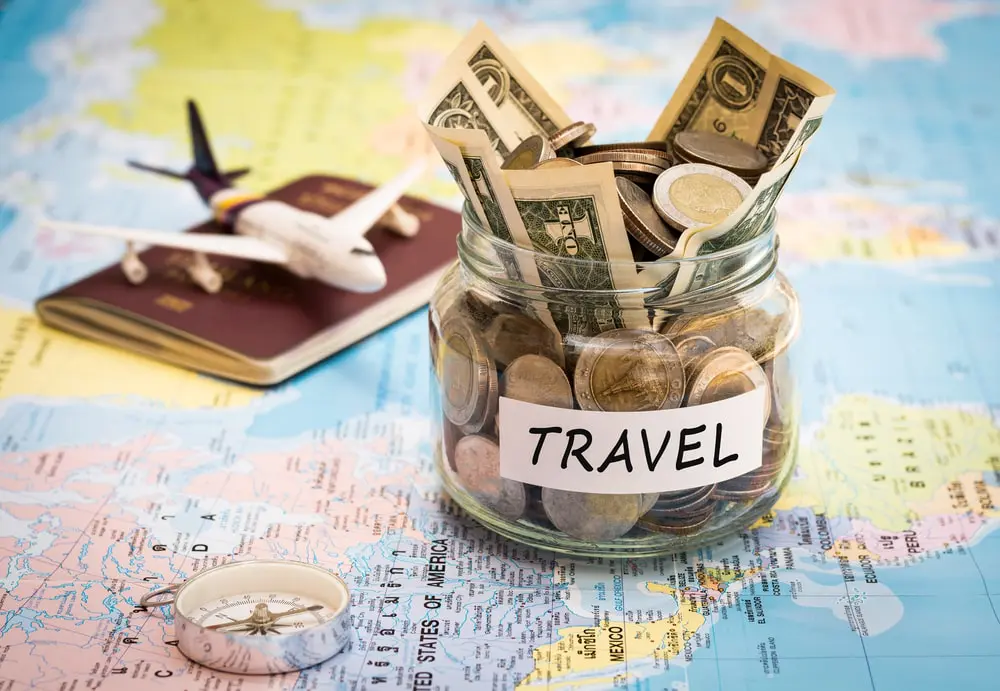
2. Research Local Currency and Exchange Rates
- Familiarize yourself with the local currency of your destination and exchange rates to understand the value of your money.
- Use currency conversion apps or online tools to calculate prices accurately and avoid overpaying for goods and services.
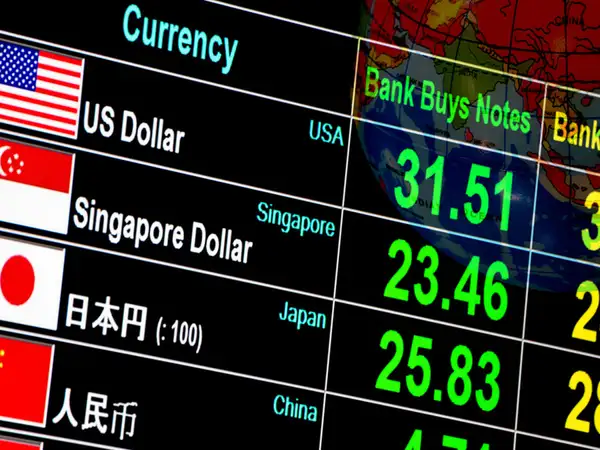
3. Carry a Mix of Payment Methods
- Bring a combination of cash, credit cards, and debit cards to cover various expenses and emergencies.
- Notify your bank and credit card companies of your travel plans to avoid any issues with card usage or transactions abroad.
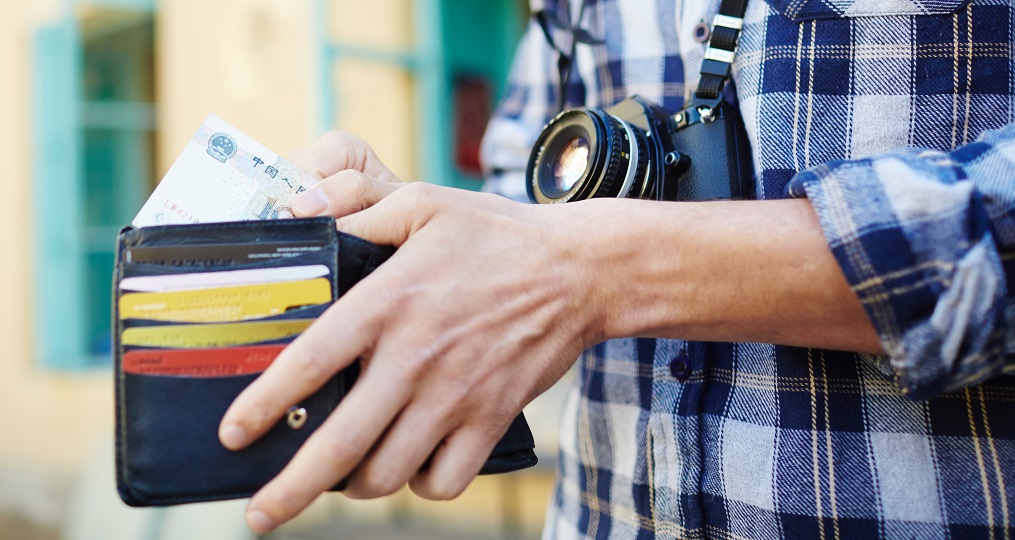
4. Use Credit Cards Wisely
- Use credit cards for larger purchases, hotel bookings, and online transactions for added security and convenience.
- Look for credit cards with no foreign transaction fees and travel rewards or cashback benefits to maximize savings.
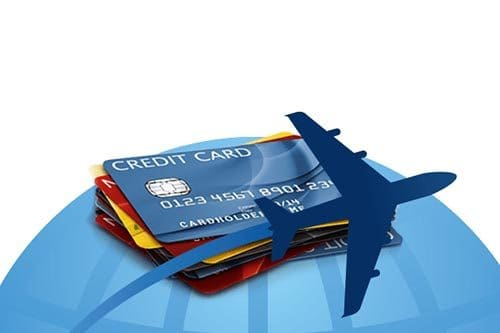
5. Have Emergency Cash on Hand
- Carry a small amount of local currency in cash for immediate expenses such as transportation, meals, and small purchases.
- Keep emergency cash in a separate, secure location in case of unforeseen circumstances or emergencies.
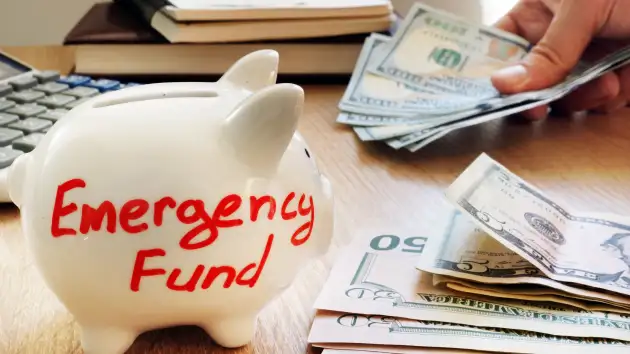
6. Negotiate Prices
- Don’t be afraid to negotiate prices, especially in markets, bazaars, and street vendors where haggling is common practice.
- Be polite, respectful, and willing to walk away if the seller refuses to lower the price to avoid overpaying.
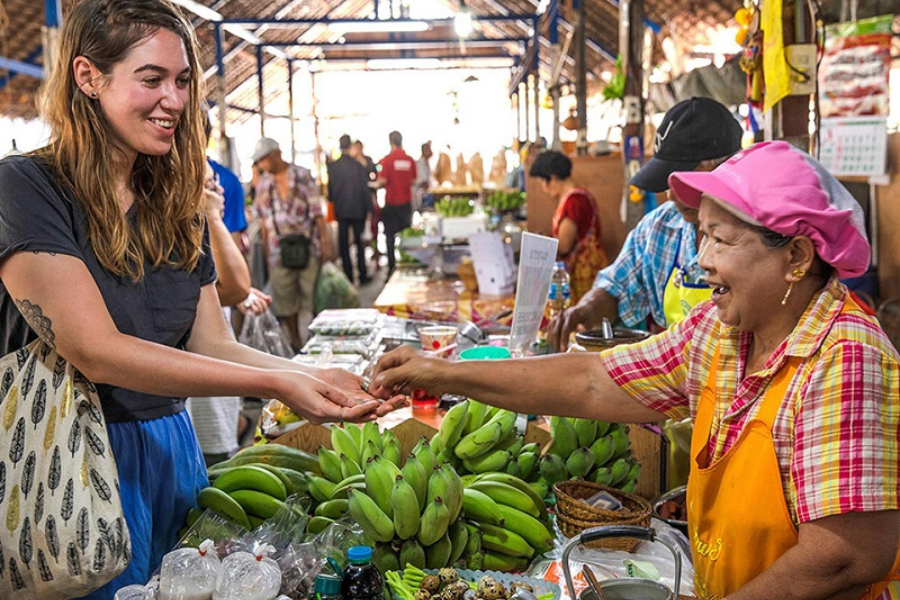
7. Shop at Local Markets and Souvenir Shops
- Explore local markets, flea markets, and artisanal shops to discover unique souvenirs, handicrafts, and authentic products.
- Support local businesses and artisans by purchasing locally-made goods and souvenirs as meaningful keepsakes of your travels.
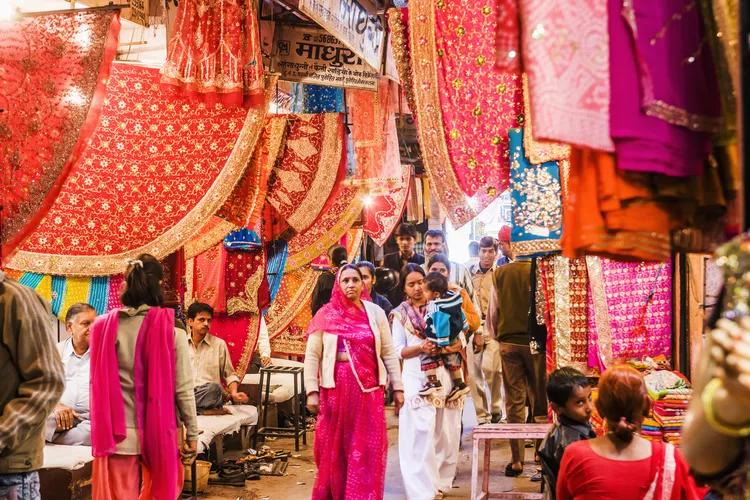
8. Compare Prices and Quality
- Compare prices, quality, and authenticity of products before making a purchase to ensure you’re getting the best value for your money.
- Avoid impulse buying and take your time to shop around, ask questions, and inspect items carefully before deciding to buy.
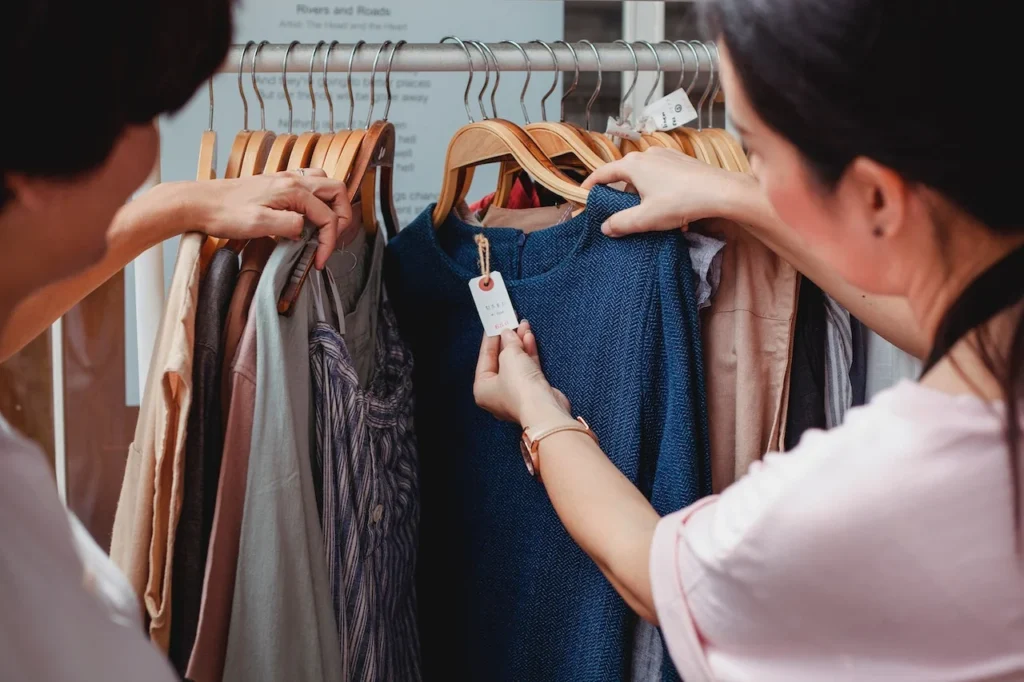
9. Beware of Scams and Counterfeits
- Be cautious of scams, counterfeit goods, and overly aggressive vendors targeting tourists in popular tourist areas.
- Verify the authenticity of branded products, check for trademarks, labels, and quality seals, and avoid purchasing from unauthorized sellers.

10. Keep Receipts and Documentation
- Collect and keep receipts, invoices, and documentation for all purchases, especially high-value items and electronics, for warranty purposes and insurance claims.
- Check return and refund policies before making a purchase to ensure you can exchange or return items if necessary.
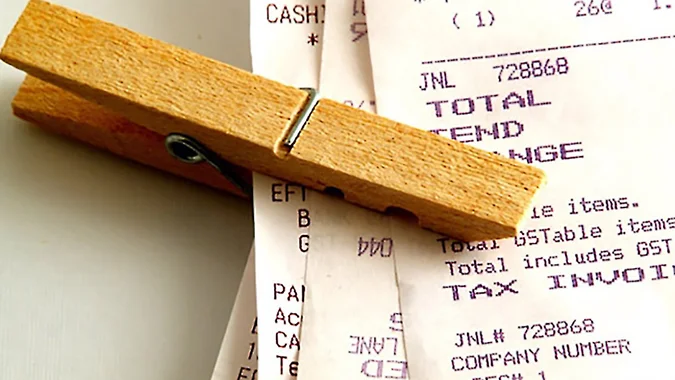
11. Stay Vigilant and Secure
- Keep your money, credit cards, and valuables secure at all times, preferably in a money belt, hidden pouch, or anti-theft bag.
- Avoid carrying large sums of cash or displaying expensive jewelry, gadgets, or accessories that may attract unwanted attention.
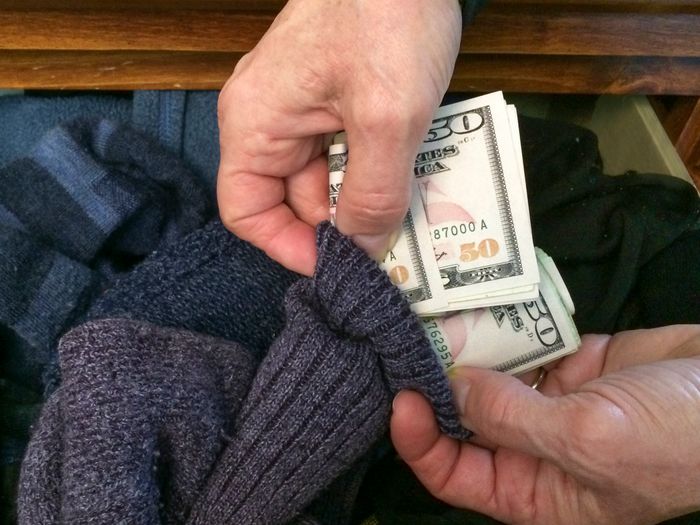
12. Enjoy the Experience
- Embrace the shopping experience as part of your travel adventure and enjoy exploring local markets, shops, and cultural offerings.
- Take photos, interact with vendors, and immerse yourself in the vibrant atmosphere of shopping destinations to create lasting memories.


